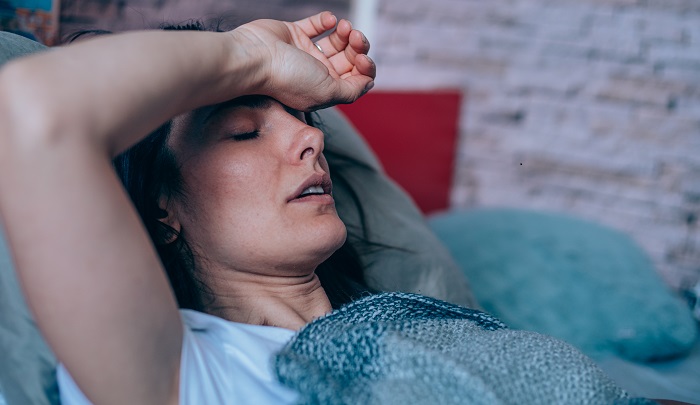Germs: Friend or Foe?

In a world of antiseptic wipes and purse-size hand sanitizers, are we too clean? Have we created a world so free of germs that we’re killing the helpful bacteria along with the bad ones?
In one word, yes. And this may be problematic for our children.
A theory that has gained many supporters posits that babies and toddlers should be exposed to everyday germs in order to help them develop a strong immune system. Sterilizing that pacifier as soon as it hits the floor isn’t the best thing for a child. Nor is the constant cleaning of his hands every time he returns from digging in the back yard.
“We’re not meant to wallow in dirt,” says Dr. E. Robert Schwartz, an expert on community health with the University of Miami Health System, “but being overly clean and using all those chemicals to create a sterile environment is really not a good idea. We’re not doing ourselves any favors.”
So, you might not want to let your kid lick dirty surfaces, but don’t go crazy sanitizing every nook and cranny of his world either.
A new book, Dirt is Good: The Advantage of Germs for Your Child’s Developing Immune System, develops this theory, pointing out that keeping our children in sterile bubbles may actually be preventing them from building up the body’s infection-fighting arsenal. While keeping them safe from germs that cause serious illness is important, the authors explain that the run-of-the-mill exposure to microbes is actually beneficial. It teaches the immune system how to fight.
Schwartz calls our modern environment one of “excessive and over-the-top cleanliness.”
Though this aggressive insistence on hygiene wasn’t always the norm, a walk down a store aisle of cleaning products may hold the answer to why the 20th Century institutionalized the concept that disinfecting everything was next to godliness.
It’s pretty clear that the products created have helped to promote the idea that a normal daily environment is a great risk to our health.
Dr. E. Robert Schwartz
“We are now living in a world where everyone is afraid of a few germs.”
Of course, this doesn’t mean we should never wash our hands or rinse our spinach, but Schwartz counsels moderation, particularly when bringing up Johnny and Maria. Exposure to germs is essential to encourage the immune system to mature.
Here are some other pointers:
Wash with soap and water.
Use hand sanitizers very sparingly, and only when the tried-and-true isn’t available. A case when hand-sanitizers should be used: hospital settings, where serious germs lurk.
Pets are actually good for your kids’ immune systems, so don’t worry about Fido nuzzling your tot.
“Children brought up in farms and exposed to animals have less asthma and allergies,” Schwartz says. “In that exposure, your body learns to respond in a normal way. It builds up natural immunity.”
In the book Dirt is Good, one of the co-authors, who studied the immune profiles of Amish children, found that those who lived on small farms had significantly lower rates of asthma.
Don’t hyperventilate when your kid eats something off the floor.
Though Schwartz calls the popular five-second rule a wives’ tale — microbes will attach themselves to a dropped item immediately — “you can probably pick it up, eat it and not have a problem.”
Accept the fact that a runny nose is inevitable when your child enters day care or a school setting, as these viral infections “are pretty hard to avoid and for the most part it’s a natural way to build your immune system.”
However, if such an infection requires a visit to the pediatrician, don’t demand a round of antibiotics. Those antibiotics fight bacteria, not viruses. What’s more, going overboard with antibiotics could seriously reduce how well they work in the future — when your child might truly need them.
Make sure that your child is eating a healthy diet, rich in green leafy vegetables and fiber.
Limit their sugar intake. And keep up to date on vaccines.
“The average healthy individual — child or adult — needs to allow their immune system to kick in in the case of an infection,” Schwartz adds. “You just have to give it a chance.”

In Their Words
Ana Veciana-Suarez, Guest Contributor
Ana is a regular contributor for the University of Miami Health System. She is a renowned journalist and author, who has worked at The Miami Herald, The Miami News and The Palm Beach Post. Visit her website at anavecianasuarez.com or follow @AnaVeciana on Twitter.
Tags: Ana Veciana Suarez, antibacterial, Dr. E Robert Schwartz, germs, immune system, infection
